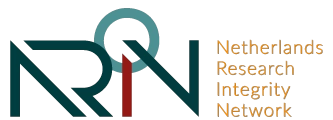To provide the best experiences, we use technologies such as cookies to store and/or access information about your device. Agreeing to these technologies allows us to process data such as browsing behavior or unique IDs on this site. If you do not give consent or withdraw your consent, this may adversely affect certain functions and options.
The technical storage or access is strictly necessary for the legitimate purpose of enabling the use of a specific service expressly requested by the subscriber or user, or for the sole purpose of carrying out the transmission of a communication over an electronic communications network.
De technische opslag of toegang is noodzakelijk voor het legitieme doel voorkeuren op te slaan die niet door de abonnee of gebruiker zijn aangevraagd.
De technische opslag of toegang die uitsluitend voor statistische doeleinden wordt gebruikt.
The technical storage or access used exclusively for anonymous statistical purposes. Without a subpoena, voluntary compliance by your Internet Service Provider, or additional information from a third party, information stored or retrieved solely for this purpose generally cannot be used to identify you.
The technical storage or access is necessary to create user profiles for sending advertising, or to track the user on a site or across different sites for similar marketing purposes.
